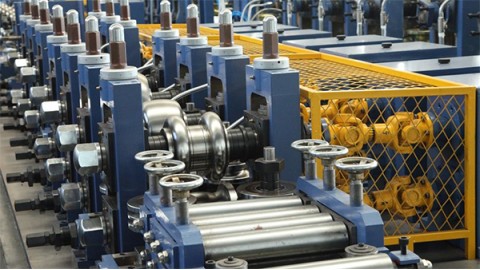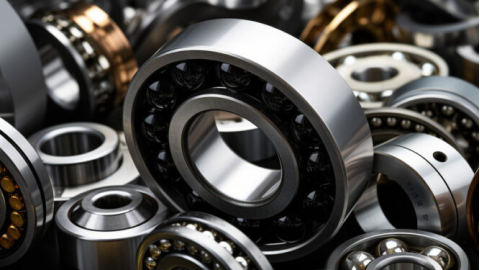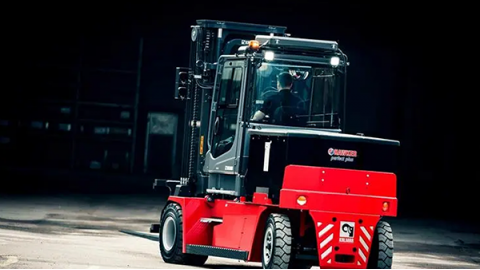Top 10 Baler Manufacturers and Companies
Balers are essential machines in waste management and recycling. They compress materials like cardboard, plastic, and metal into compact bales. This process optimizes operations by reducing volume, increasing efficiency, and lowering transportation costs. Industry trends now focus more on sustainability and advances in automation technology. Choosing the right manufacturer is critical. Your decision should be based on machine reliability, customization options, and the quality of after-sales service.

Industry Leading Baler Manufacturers
The global baler market has several key players. American Baler Company is known for innovation in heavy-duty industrial applications. Their two-cylinder design improves durability. Harris Waste Management Group offers a wide range of models, from vertical to horizontal balers. International Baler Corporation specializes in custom solutions for specific industry needs. Sierra International Machinery leads in high-performance automatic systems that integrate into existing production lines. Beckmann Technik & Service KG shows engineering excellence in the European market with a focus on user-friendly interfaces. Mil-tek provides innovative, oil-free, and energy-efficient balers for sensitive environments.
Key Technologies and Innovation
Technological progress drives the baler industry forward. Automated control systems optimize operation by reducing manual labor and improving consistency. Internet of Things (IoT) integration allows for real-time monitoring, predictive maintenance, and data-driven decisions. Energy-efficient designs, like improved hydraulic systems, lower operational costs and environmental impact. Advanced feeding mechanisms handle diverse or contaminated waste streams. Safety features such as interlocked doors and emergency stops protect operators. Software solutions manage baling data, track performance, and generate reports for regulatory compliance.
Applications and Industry Expertise
Balers serve a wide variety of industries. Retail and distribution centers use them to manage cardboard waste, often requiring high-speed automatic models. Manufacturing facilities need heavy-duty, durable machines to process plastic scrap or metal waste. Recycling facilities use balers to handle mixed material streams, with a focus on sorting and purity. The agricultural sector uses balers to compress crop residues or packaging materials, often needing mobile solutions. Waste management companies prioritize reliability and high throughput for municipal solid waste. Specialized applications, like textile or electronic waste processing, require custom-built solutions.
Selection Criteria
Selecting the right baler requires careful analysis. First, assess your material type, density, and volume to determine the needed compression force and bale size. Consider your facility's layout, including available space and the operational workflow for feeding, baling, and removal. Match the machine's throughput capacity with your daily or weekly waste volume to avoid bottlenecks. evaluate power options—electric, hydraulic, or hybrid—and their effect on energy use and cost. Prioritize build quality, durability, and the manufacturer's reputation for long-term reliability. After-sales support is crucial; check the availability of spare parts, technical support, and service response times. Always consider the total cost of ownership, which includes the initial investment, maintenance, operating expenses, and potential return on investment.
Sustainability and Environmental Impact
Balers play a significant role in promoting sustainable practices. Reducing waste volume drastically cuts down on transportation frequency, which lowers carbon emissions. Material recycling conserves natural resources by diverting waste from landfills and reintroducing it into production cycles. Energy-efficient models decrease electricity consumption through better hydraulic systems and motors. Some manufacturers now use eco-friendly materials in construction or design balers for easier recycling at the end of their life. Using the right baler helps businesses comply with environmental regulations like emission standards or waste handling guidelines. Effective waste management can also lead to sustainability certifications and reporting benefits.




